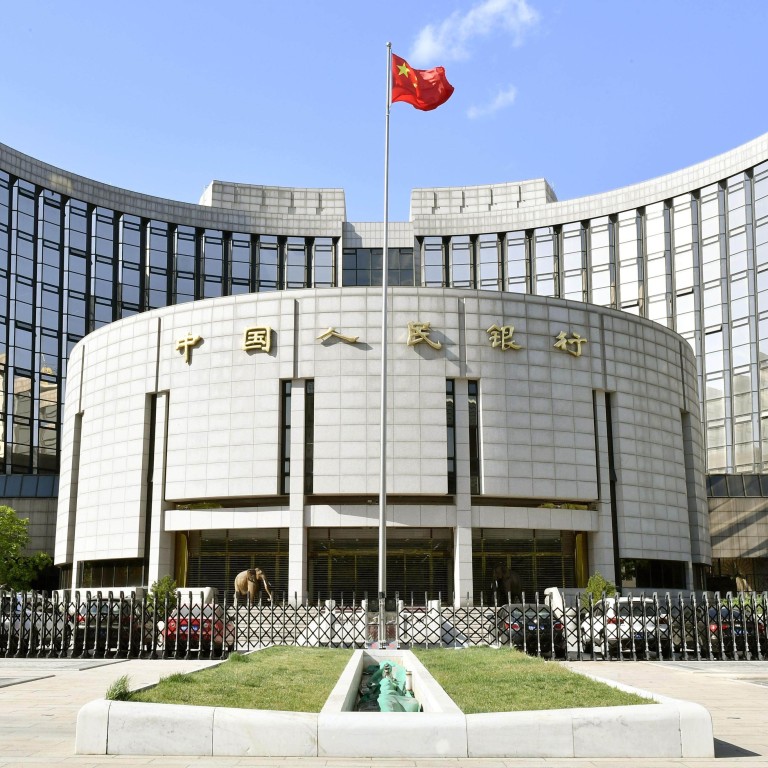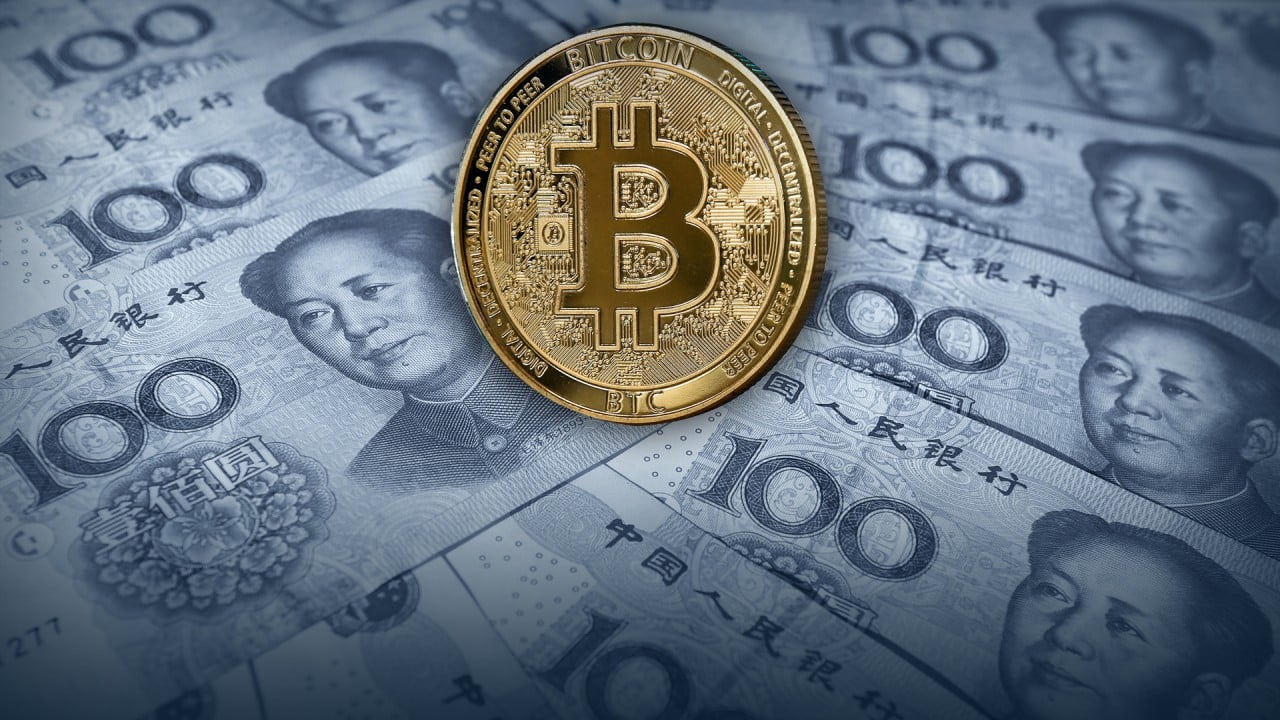
China calls for better international consultation over monetary policy to ensure ‘fairer’ international environment
- Foreign exchange official Lu Lei says the spillover effect of policy changes from countries at the core of the global system warrant close attention
- Comments to the International Finance Forum in Guangzhou are the latest sign that Beijing is on high alert for policy changes from the US Federal Reserve
The Chinese authorities want “more effective” monetary coordination with developed countries to ensure a “fairer” international environment, a foreign exchange official said on Saturday.
“Countries lying at the core of the international monetary system often have a big say,” he told the annual conference of the International Finance Forum in Guangzhou. “Spillover effects from their policies deserve our close attention.”
Major economies, including the United States and the European Union, have resorted to unprecedented fiscal and monetary policies to fight the coronavirus pandemic, and these have already pushed up global inflation.
China says forex market foundations remain solid amid Fed monetary easing
Market worries jumped as Fed chair Jerome Powell told the Senate Banking Committee earlier this week that inflation would not be transitory and a quicker pace of tapering may be discussed in mid-December.
Lu is the latest Chinese official to directly express concern about external challenges such as rising inflation, potential capital outflows and volatility in the yuan’s exchange rate.
On Friday, Yi Gang, governor of the People’s Bank of China, and his predecessor Zhou Xiaochuan attended the virtual meeting of the Group of 30, an international body of academics and financiers, to discuss the impact of demand, supply chain disruption and structural factors on inflation.
Beijing, after successfully containing the initial outbreak of the pandemic, chose not to have a large stimulus.

The policy divergence with the West is likely to continue as it is going to become more accommodative next year to prevent an economic hard landing, compared with the US tendency for policy tightening to contain rising inflation.
“Powell’s speech indicated the Fed will accelerate its tightening, and global liquidity may face a major test,” Lu warned.
“Given the deep interconnection of financial markets, it could accelerate cross-border [risk] contagion.”
Beijing and Washington have expressed their respective concerns over financial issues – the Fed is worried about the risk from Evergrande – but the two sides have not yet started formal discussions.
However, both took part in discussions to agree a global minimum corporate tax rate under the G20 framework, as well as talks on debt relief and the use of the International Monetary Fund’s special drawing rights reserve.
“We should make the monetary policy consultation mechanism more effective. Particularly, we should pay attention to the policy spillovers in major developed economies, to gain a fairer and just international environment for emerging markets and developing countries,” Lu said.
China’s forex regulator has been warning against one-way market bets on the yuan since May, calling for exchange rate neutrality among enterprises. It recently took action to fight outflows through such channels such as underground banks and overseas casinos, and on Friday issued new regulations to standardise forex transactions.
The International Finance Forum estimated global economic growth could slow to 4.7 per cent next year from 5.9 per cent this year, while downside risks include slower-than-expected vaccine roll-out and geopolitical tensions including those between China and the US.
Meanwhile, it warned that higher and more persistent inflation could prompt abrupt monetary adjustments overseas, threatening emerging markets with capital outflows, currency market volatility and disruption of the recovery process, the forum said in a report.
Chinese banks told to limit speculative trading as yuan surges
“Developing economies should continue to strengthen their macroeconomic fundamentals and reduce vulnerability to external shocks, and use macroprudential policy tools in disposal to act when necessary,” it suggested.
It also called for joint efforts to prevent a repeat of the 2013 “taper tantrum” after the Fed’s announcement it would put the brakes on its quantitative easing programme led to a spike in bond yields.
The forum said: “Global processes such as G20 and regional processes such as Asean+3 provide appropriate venues for policy coordination.”



